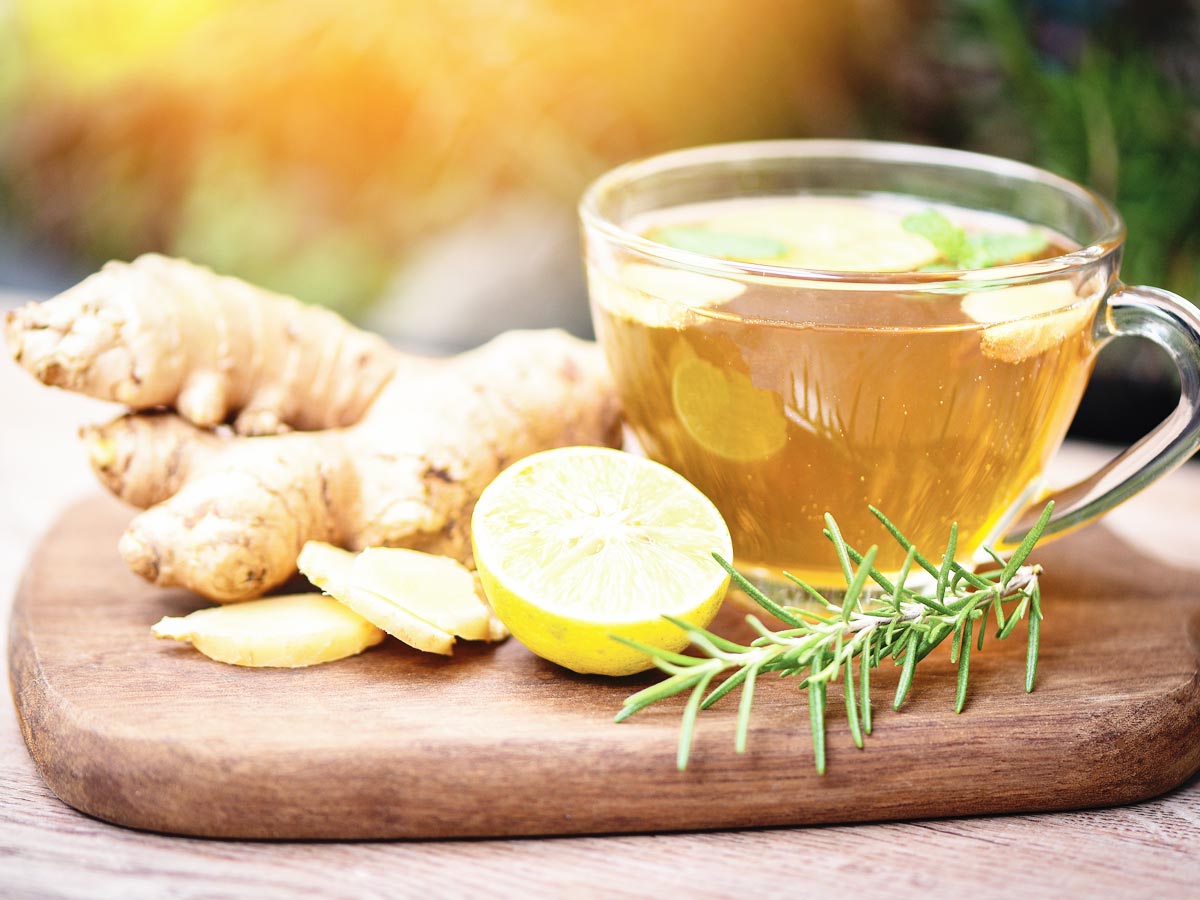(SENIOR WIRE) Ginger is something you’ve probably walked past a thousand times in the grocery store and passed up. It has some incredible medicinal benefits and offers people a natural approach to many ailments.
Many women use it for morning sickness during pregnancy. Sometimes you see it crystallized with sugar to improve flavor. But today I’m talking about the fresh ginger root that you can buy in food markets.
Known officially as Zingiber officinale, it contains many therapeutic compounds, all of which have well-documented medicinal actions in the body. In studies with people who ate dried ginger spice in their meals, 75 percent experienced relief from arthritic pain and swelling.
Ginger contains dozens of compounds which have pharmacological activity. Sometimes you have to heat it to see a specific compound. For example, zingerone is negligible in fresh ginger, however cooking it transforms the gingerol to zingerone. The dried (powdered) ginger spice does contain zingerone in it.
We think of the root (either fresh or powdered) as a flavor agent, but ginger is powerful medicine. It is an antioxidant and strong analgesic. It could thin the blood, so you have to avoid it (or minimize it) if you are supported on anticoagulant medications.
Zingerone is well researched and is incredible. Studies have determined that it reduces inflammation, improves blood sugar, eases muscle pain and spasms, helps with arthritis, speeds fat breakdown, and ramps up immune function. In an animal study, ginger compounds protected rodents from brain damage and memory loss, so now drug companies are trying to morph it and patent it into an Alzheimer’s drug. I say just eat it!
Ginger can block your enzyme xanthine oxidase, which is good because that reduces ROS (reactive oxygen species). So the fact that it can degrade these ROS free radicals means it protects your DNA and mitochondria. In fact, it promotes mitochondrial health, and these mito store energy for you in the form of ATP.
If you have liver disease, or hepatic injury (for example, alcohol-related or hepatitis), consider ginger in all of your recipes because studies show that zingerone has a hepatoprotective effect.
Here’s another fun fact. It might have some heavy metal binding abilities, because it can reduce cadmium levels according to animal studies. It can also reduce the body’s burden of organophosphate pesticides. If you have a PON1 gene, make ginger your friend!
Unfortunately, it cannot bind gadolinium from MRIs.
Not only does ginger spice up your recipes, it makes for a quick and delicious tea. I have a recipe for this at my website, as well as a free ebook for you, called, Spices that Heal. Ginger is a delicious, safe and affordable way to improve health while adding a warming spice to your meals. MSN










